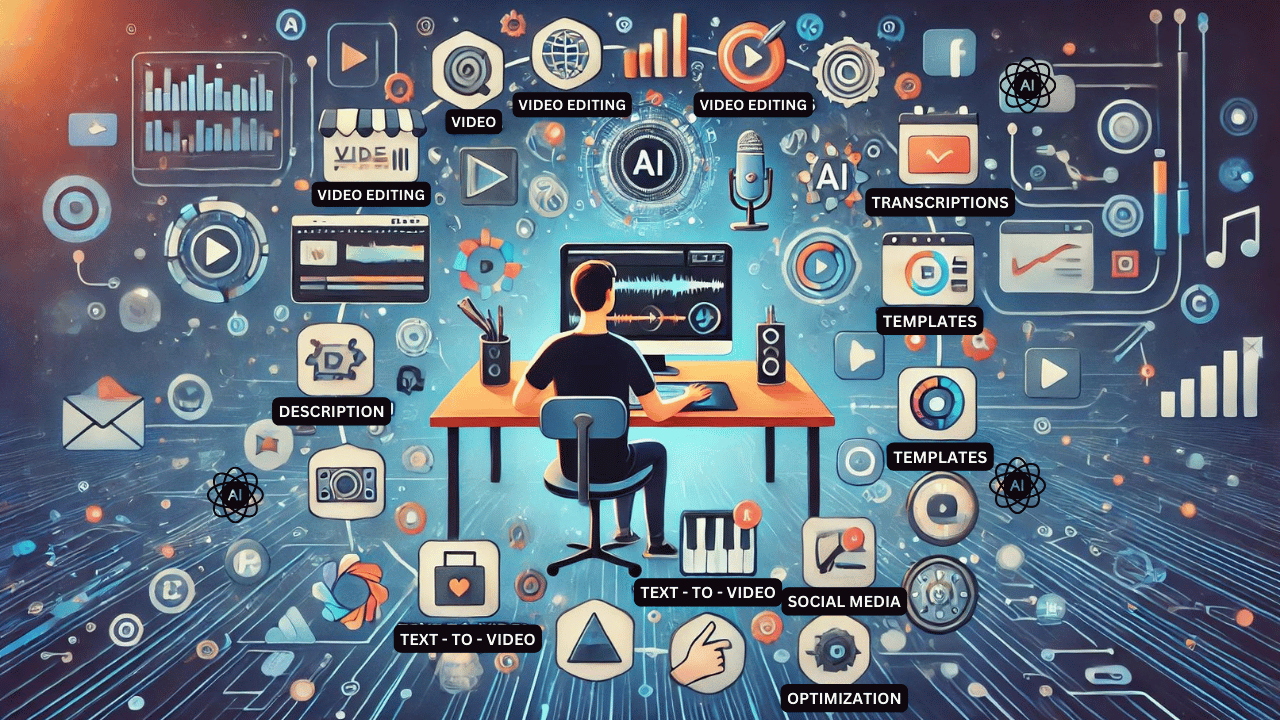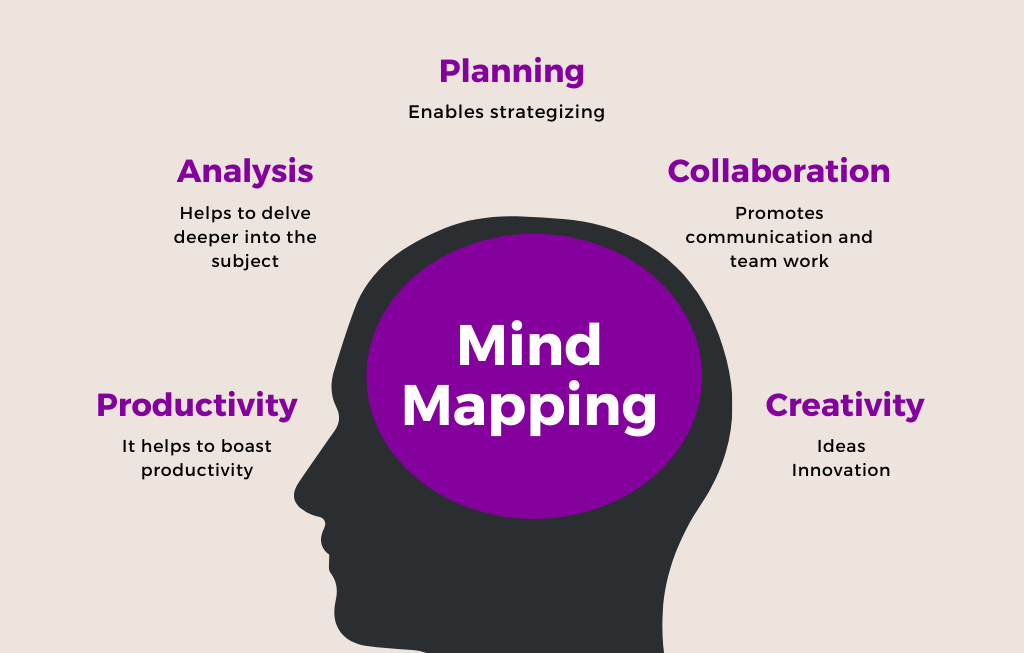Artificial Intelligence (AI) is advancing rapidly, transforming numerous industries and reshaping how we live, work, and interact. With its potential to impact everything from healthcare to content creation, the next decade promises even more groundbreaking developments. Here’s a look at key AI trends set to revolutionize the future.
1. Natural Language Processing (NLP) and AI Communication
Over the years, Natural Language Processing (NLP) has greatly improved, enabling AI systems to understand, interpret, and generate human language. This progress will continue to drive more effective communication between humans and machines, enhancing customer service and digital interactions. Advanced NLP will allow AI assistants to manage complex tasks, understand the context better, and respond more naturally.
In this domain, AI voice cloning is making strides, enabling AI to replicate individual voices with high accuracy. This technology opens doors for personalized user experiences in customer service, education, and entertainment. Creators and businesses are exploring how to clone a voice to build tailored, voice-based interactions that resonate more personally with their audiences.
2. Personalized Learning and AI in Education
AI-driven learning platforms are already revolutionizing education by offering personalized learning paths. In the next decade, AI will facilitate “smart” classrooms, adapting educational materials to suit each student’s needs, thus fostering a more effective learning experience. Integrating AR/VR with AI in education will make complex subjects more accessible and engaging, providing immersive and interactive learning experiences.
3. Healthcare Advances: Predictive Analytics and Personalized Medicine
AI has already impacted healthcare, and the coming years will see it further transform medical diagnostics and treatment. AI will analyze large datasets to enable predictive healthcare, detecting diseases early and tailoring treatments to individual patients. Robotic systems powered by AI will assist in surgeries, allowing for more precise, minimally invasive procedures. In under-resourced regions, AI tools can help bring advanced healthcare to more people.
4. Autonomous Vehicles and Smart Cities
Self-driving cars are getting closer to reality, with advances in AI helping autonomous vehicles become safer and more reliable. The next decade will see broader adoption of autonomous cars and other AI-powered transport systems, such as delivery drones and freight trucks. Urban infrastructure will evolve to support these technologies, creating smart cities that leverage AI for improved traffic management, energy efficiency, and public safety.
5. AI-Driven Content Creation and Entertainment
AI is transforming creative industries by enabling automated content generation, from text and images to music and videos. Content creators are already benefiting from AI-powered tools like video creator apps that simplify editing, captioning, and effects, making polished video production accessible to a broader audience. AI will continue to expand its creative capabilities, offering new tools for storytelling and expression.
6. Ethical AI and Responsible Development
As AI becomes more integrated into daily life, ethical considerations will be paramount. Issues like data privacy, algorithmic fairness, and job displacement will require thoughtful regulation and responsible AI development. Explainable AI (XAI), which seeks to make AI decisions transparent and understandable, will gain prominence. This transparency will be crucial in areas like healthcare and finance, where trust in AI is essential.
7. Augmented Reality (AR), Virtual Reality (VR), and AI
AI-enhanced AR and VR will become more prominent in industries such as gaming, training, and remote work. For instance, AI-powered VR simulations will enable training in complex skills, while AR tools will enhance collaboration, making remote meetings more interactive and engaging. In gaming, AI will personalize experiences, adjusting levels and challenges to match players’ preferences and behaviors.
8. AI in Cybersecurity
With the rise of cyber threats, AI-driven cybersecurity is essential to detect, analyze, and prevent attacks. Over the next decade, AI will help organizations create proactive cybersecurity systems that monitor threats in real-time and respond immediately to potential breaches. Machine learning algorithms will identify patterns in data to detect suspicious activity, enabling rapid containment of attacks.
9. AI-Enhanced Personalization in Retail and Marketing
AI is transforming retail and marketing by providing hyper-personalized shopping experiences. Using data analysis, AI can tailor product recommendations, offers, and even in-store experiences to individual preferences. Virtual shopping assistants and AI-driven fitting rooms will create engaging, convenient, and customized shopping environments.
10. AI Integration in Everyday Life
AI will become seamlessly integrated into daily life, from smart home assistants to wearable technology. Future voice-activated assistants will offer more intuitive control over home devices, and wearable health tech will provide real-time insights for better well-being. This “ambient AI” will work unobtrusively in the background, enhancing daily routines without requiring constant attention.
Conclusion
The future of AI is filled with potential. From advancements in healthcare and education to smarter cities and ethical AI, the next decade promises exciting changes across various sectors. Embracing these developments while upholding ethical standards will be key to ensuring a future where AI serves society in meaningful, responsible ways. As AI becomes more prevalent, it will continue to shape how we connect, learn, create, and live, building a world that is smarter, more efficient, and more personalized than ever before.













